Yesterday I watched ” Bobby Fisher Against the world” a Classic Documentary ‘ exploring the tragic and bizarre life of the late chess master Bobby Fischer. The drama of Bobby Fischer’s career was undeniable, from his troubled childhood, to his rock star status as World Champion and Cold War icon, to his life as a fugitive on the run.
Bobby Fischer Against The World is appropriately titled; a tough portrait of a cussed, difficult man forever butting heads with anyone who crossed his path. If it never quite gets to grips with its subject, Garbus can’t really be blamed, for it is surely an impossible task to pin down a man so evidently lost to himself. This documentary is a rewarding watch which underlines the oft-symbiotic relationship between genius and madness, and raises the spectre of depression in the context of competitive sport.
“If chess knowledge was a swimming pool, I was in the shallow end,” says Liz Garbus, director of documentary Bobby Fischer Against the World. Garbus’s documentary is a portrait of the American chess player which focuses on his famous 1972 tournament in Iceland against the Russian Boris Spassky.
The matches were as much about the Cold War as they were about chess. Fischer v Spassky dominated headlines around the world.”It was moment when metaphor wrapped upon metaphor,” says Garbus.”It was as black and white as a chess board. Here was this lone American against this team from the Soviet Union who honed and nurtured their chess players.
“Even their names – Bobby and Boris – were quintessentially American and Russian.”The film also highlights the thin line between genius and madness.”We have seen over time that starting incredibly young or being in a relentless spotlight is an enormous burden for an individual,” says Garbus.”Rather than chess making Bobby insane, chess is what kept Bobby sane. That drive to be world champion kept him organised, so when he achieved it that order was lost.”During the documentary Fischer is described as “the Mozart of chess”.
In 1958, at the age of 15, he became the youngest chess Grand Master in history. Raised by his mother in Brooklyn, he had taught himself to play chess aged six. As archive footage shows, he appeared regularly on TV throughout the 1960s. There is one more film called “Searching for Bobby Fischer (1993)” which I listed to watch in the coming month.
Considered by many to be the world’s greatest chess player, Bobby Fischer personified the link between genius and madness. His trajectory propelled him from child prodigy to world chess champion at age 29 and then into a nosedive of delusions and paranoia. Fischer was a recluse for decades before resurfacing for a bizarre final chapter as a fugitive.
As a loner with no familial support, Fischer had to defend his title while representing his country against the mighty Russians during the cold war. The center of media attention, Fischer was never equipped for a life in the spotlight.
From veteran filmmaker Liz Garbus, and the final project of late editor Karen Schmeer, Bobby Fischer Against the World exposes the disturbingly high price Fischer paid to achieve his legendary success and the resulting toll it took on his psyche. Rare archival footage and insightful interviews with those closest to him expand this captivating story of a mastermind’s tumultuous rise—and fall.
I am going to watch 2 more documentaries about this great player in Feb 2012 and will write-up a review.
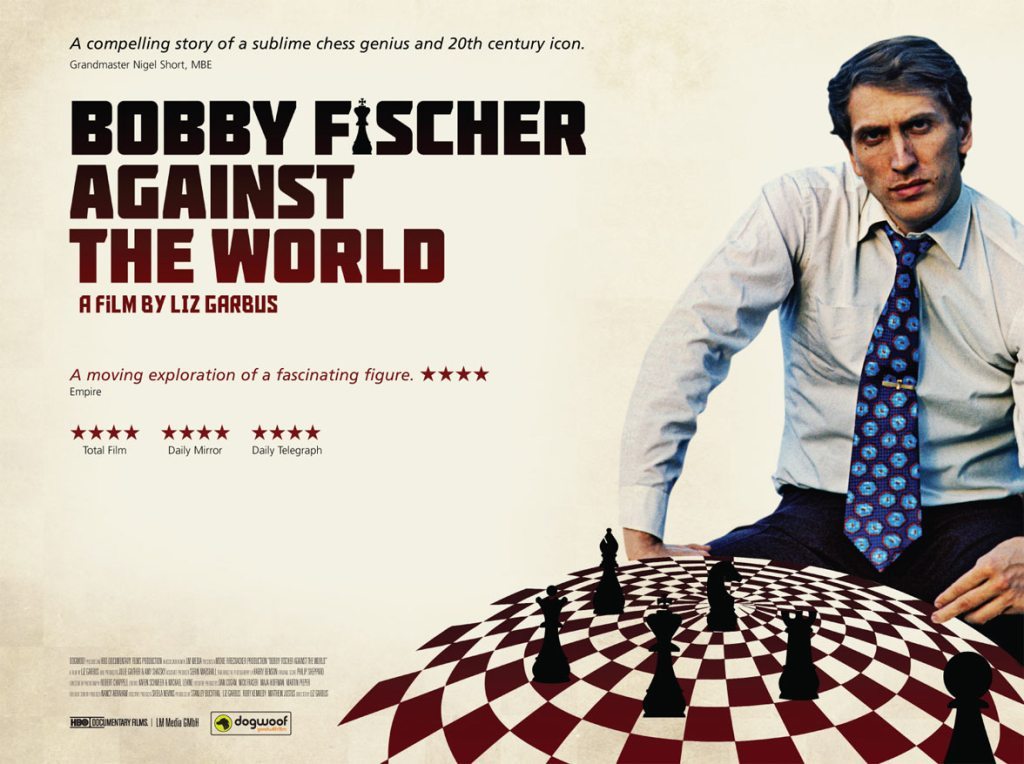
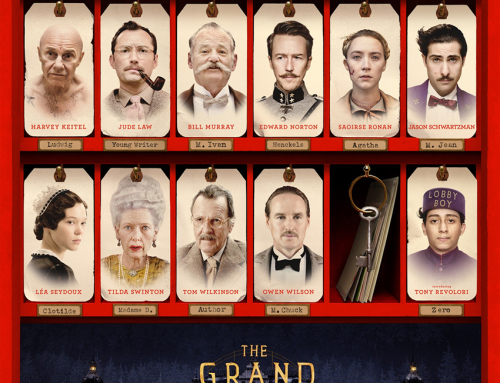
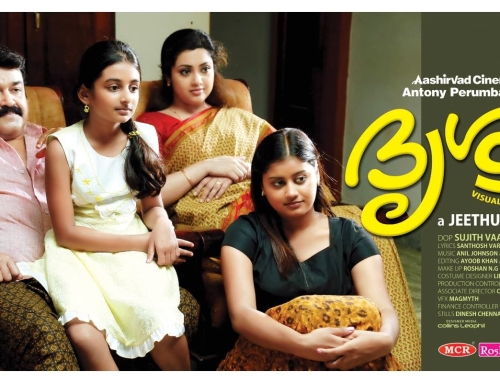
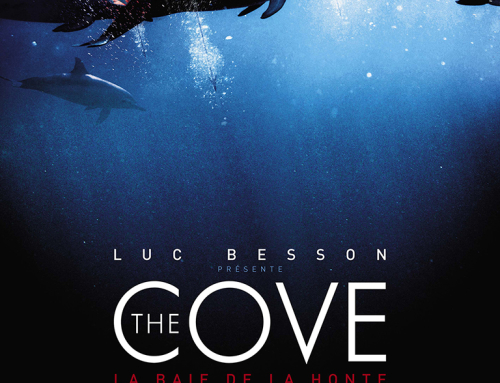
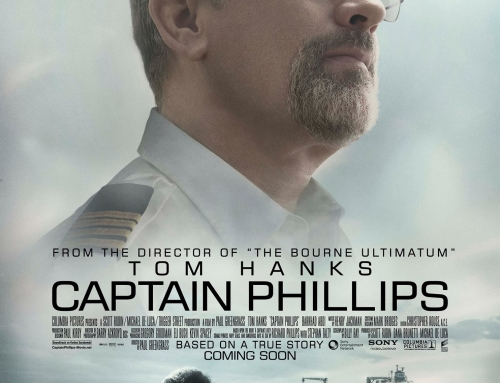
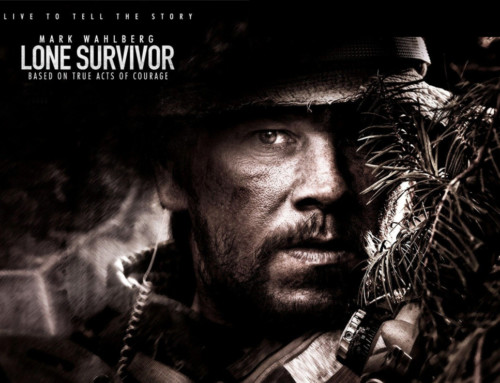
Leave A Comment